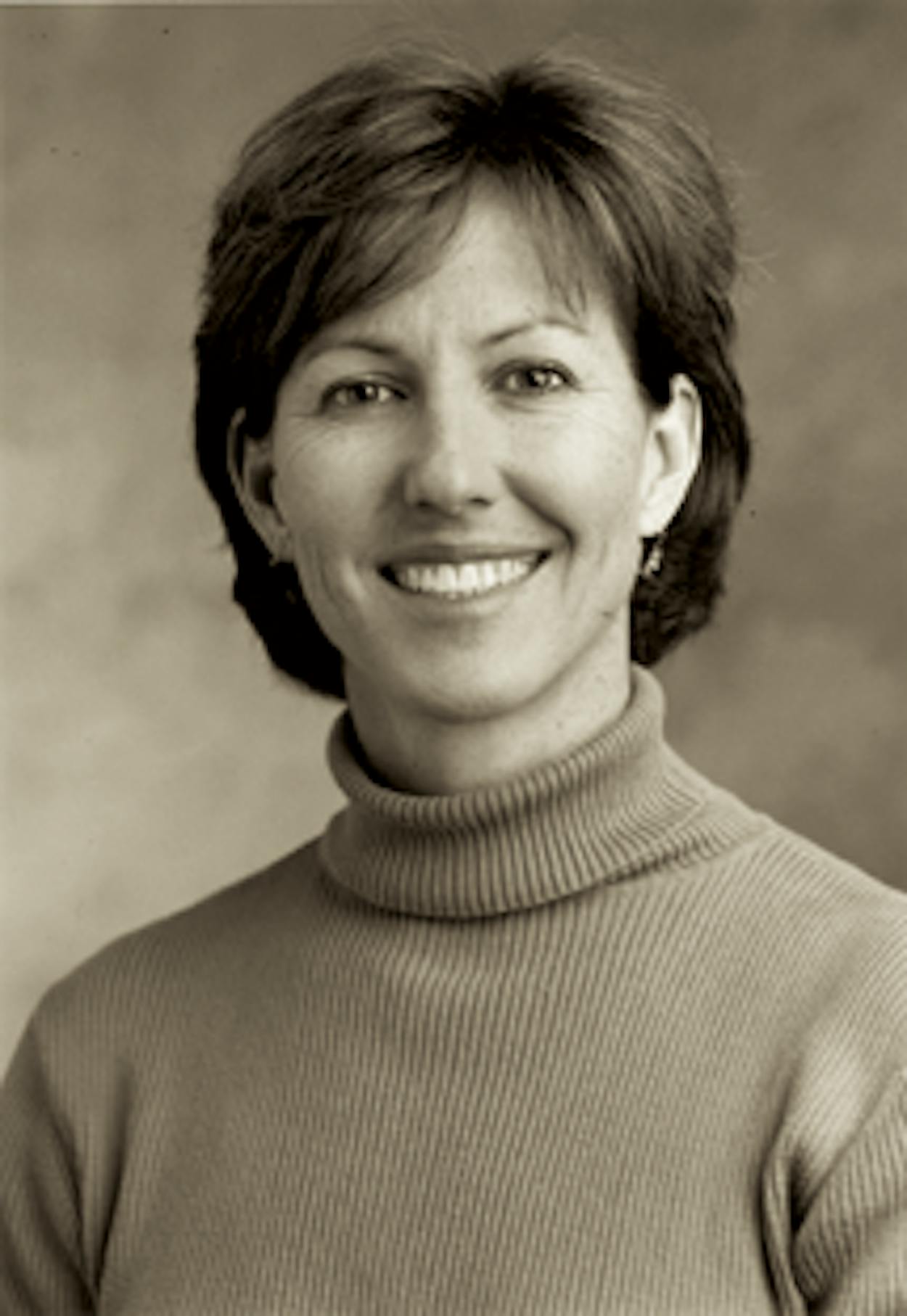Every decade, when it’s time to adjust boundaries on all political districts, the Legislature battles it out—Republicans and Democrats carve up the state and fight for domination. Is it fair? Should our politicians be in the business of map-making? In her story “Between the Lines,” Patricia Kilday Hart explains redistricting and sheds some light on what really goes on. Here’s the story behind the story.
Redestricting isn’t a new. Why is it so important now and what prompted you to write about it?
The Legislature must adjust boundaries for all political districts every year there is new Census data verifying shifts in population. Since we had a Census last year, that means the Legislature gets a crack at map-making when it meets in January. What happens will effect who gets elected for the next decade.
For a story like this, where do you begin? Walk us through the process of your reporting.
Since I have covered the Legislature for TEXAS MONTHLY since 1989, I’m well acquainted with the experts and major players on this issue. I actually quoted two of my old stories. When I started the story, I made a looooong list of people to interview and read up a lot on the Internet. And, as always happens in reporting, one interview leads to another.
From your story “gerrymandering” is clearly seen as a self-serving political tactic for the politician. Through your research have you come across any positive or constructive results for the average citizen like you or I?
It’s very hard for the average citizen to have an effect on map-making.
So what can the average citizen do to stop gerrymandering?
I really believe that open government works wonders. We can all support politicians who demand that any map gets a full public hearing before it is voted upon—even at the conference committee level.
You reported Matt Angle saying that Fort Worth has the largest concentration of African American people in the country without representation by a Democrat. Did you come across any instances where minority groups fought back to have the representation that they want?
Absolutely. They win in court all the time. In 2003, Tom Delay’s plan was changed by the court to respond to issues raised by Hispanics in South Texas.
What was the most difficult aspect of writing this story?
Keeping it light. Redistricting has a tremendous effect on people’s lives, and there is a lot of drama in the process. I had to work hard to keep it out of the technical weeds.
What about tea party candidates? Do you see them having an influence on redestricting in the future?
It will be very difficult for newcomers to apply pressure effectively.
What do you want readers to take away from your story?
Keep your eyes and ears open. We all need to demand that lawmakers are honest and open about what they vote on. And it may be time to look at better ways of doing this whole map-making business. Let’s see how California does.
- More About:
- Politics & Policy
- Texas Legislature
- Redistricting







